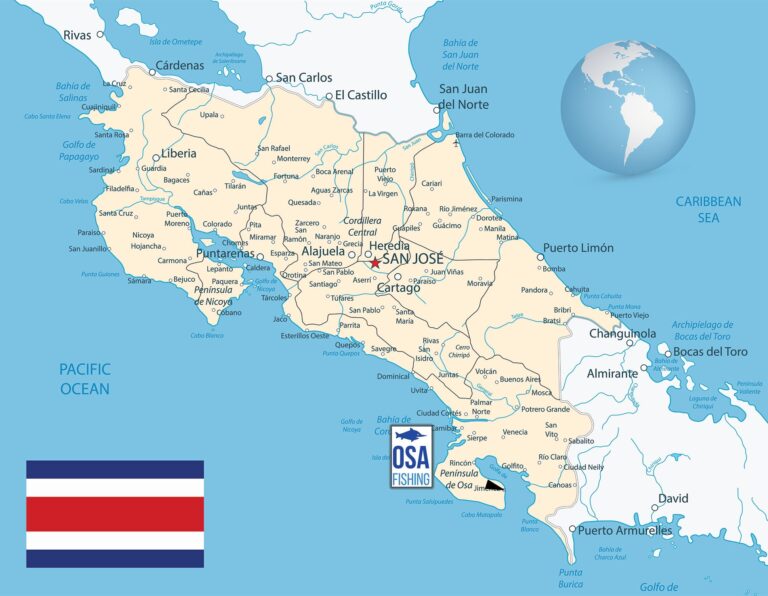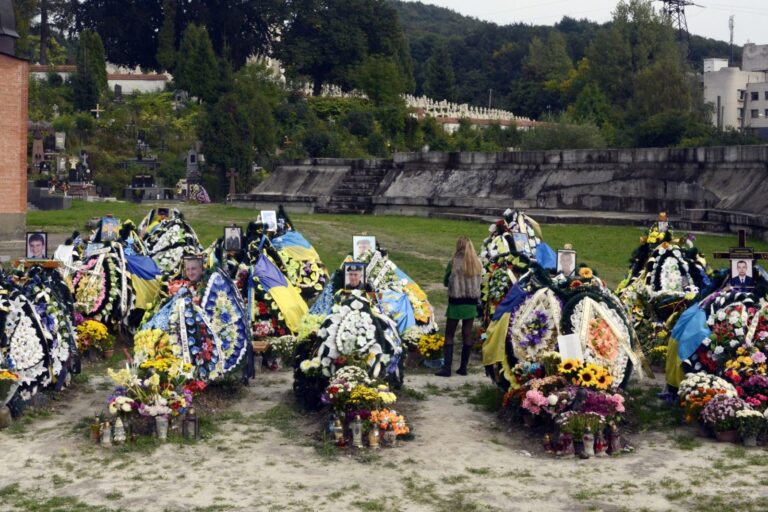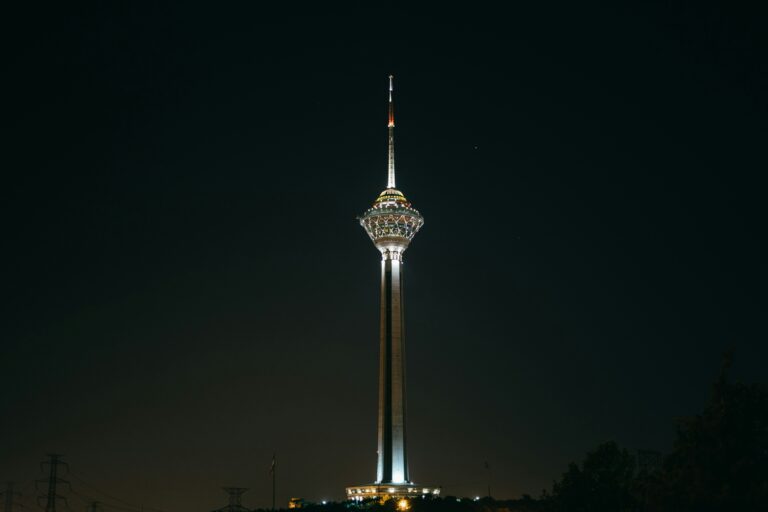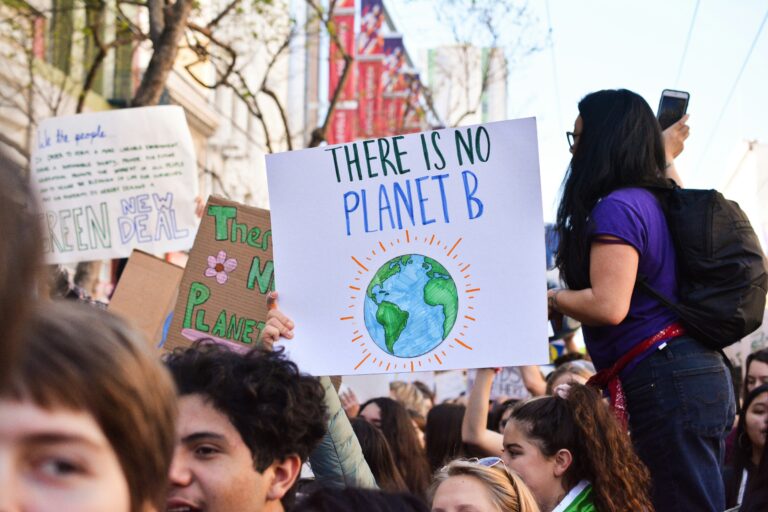The International Legal Basis of Permanent Neutrality
Author: Luis Robert Zamora Balan
Year: 2025
Type: Master Thesis

Author: Luis Robert Zamora Balan
Year: 2025
Type: Master Thesis

By Pascal Lottaz What is the Law of Neutrality? The Law of Neutrality (NoL) is an old body of treaty law, common law, judicial decisions, and expert opinions on the Dos and Don’ts of third-party interactions with belligerent states on land and the sea. It has its roots in ancient European norms and state practices,…

We are soliciting chapter proposals for a two-volume book series entitled “The Guide to Neutrality Studies”. Interested researchers are invited to send their chapter proposals through the following google form. Please fill in all required fields. https://forms.gle/tXb3V8TnjTMfHD75A The Guide to Neutrality Studies Provisional Book Title: “The Guide to Neutrality Studies”Volume 1: State ActorsVolume 2: Non-State…

Thaksin Shinawatra, a realist figure in Thai politics, is shrouded in a slew of controversies, even allegations of crimes, but, at the same time, he also has tangible and measurable successes on his belt, ranging from national debt relief, infrastructure projects, a universal healthcare program, and localized SME developments, which lasts to this day.

Von Ralph Bosshard: Nach dem Ende des Kalten Krieges kam auch in der Schweiz Euphorie auf und man glaubte, nun rasch alle alten Probleme aus zwei Weltkriegen in friedlicher Zusammenarbeit lösen zu können. In dieser Zeit begann eine Zusammenarbeit zwischen der Schweiz und der NATO, die zur sogenannten Interoperabilität, das heißt zur Fähigkeit zur Zusammenarbeit zwischen den Streitkräften führen sollte.

By Ralph Bosshard: When the Cold War ended, the Swiss became euphoric, believing all old problems dating back to two world wars could now be quickly solved through peaceful cooperation. It was during this time that cooperation between Switzerland and NATO began, which was intended to lead to the so-called interoperability, meaning the ability to collaborate between armed forces. Swiss army officers increasingly participated in NATO training events. However, soon the ugly side of this cooperation emerged when the West and NATO used their monopoly position as the world’s strongest military alliance to implement old geopolitical concepts to suppress popular uprisings worldwide and topple undesirable regimes.

An interview by Theo Brand: In 2014, Dolph Kessler was in Ukraine for a photo project. Then the thought crossed his mind that things could get completely out of hand. When Putin made his raid in February 2022, he was shocked. “But there was a second emotion behind it. I was also angry that it had come to this and had thoughts like: this war was not necessary.” This summer his book War or Peace, Want to Win or Draw was published. “Prior to Putin’s invasion, the West did not want to seriously discuss the option of a neutral Ukraine.”

By Eugene Doyle: Iran may be about to launch a proper missile strike on Israel for the first time ever – in retaliation for the attack on Tehran last month which killed Ismail Haniyeh. Israeli intelligence says an attack is likely to come within days.

By Eugene Doyle: In an astonishing “Fuck you” to the survivors of the 1945 US nuclear bombing of Nagasaki, several Western countries including the US, Australia, Canada, France, Italy and the UK have just dropped a bombshell: announcing their ambassadors are shunning this week’s commemorations in solidarity with Israel.

By Alexander Lüthi: The ruling of the European Court of Human Rights in the case KlimaSeniorinnen and Others v Switzerland and its implications.